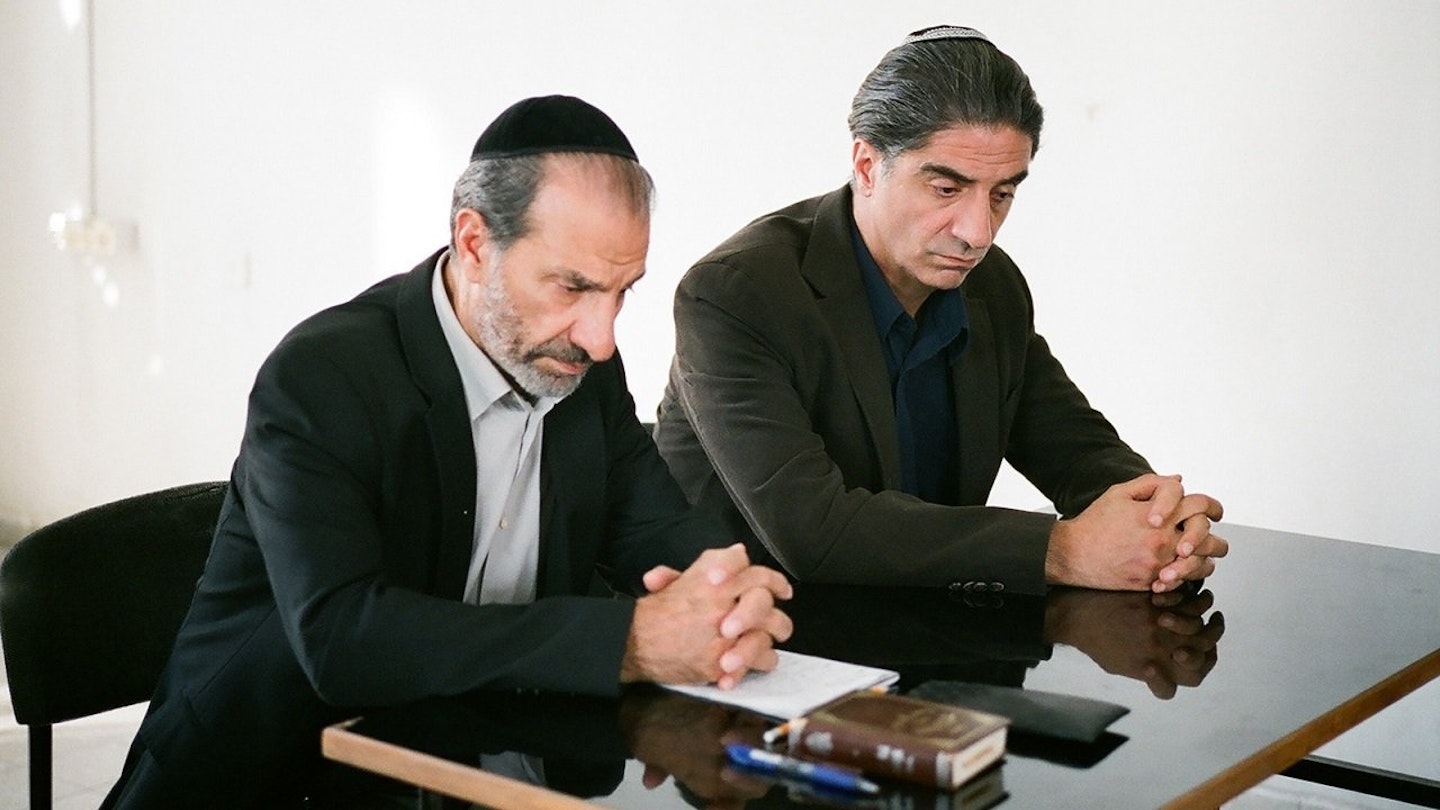In 1962, the Salkind Brothers, later known for Superman, offered Orson Welles the total artistic control he hadn’t had in America since Citizen Kane, providing a) he adapted an out-of-copyright literary masterpiece and b) he made the film in Yugoslavia. Then the Yugoslav deal collapsed in mid-shooting, and Welles had to retreat to Paris, with almost no money, and complete the picture using locations in and around a disused, cavernous railway station. Far less respectful of Franz Kafka than the Harold Pinter/Kyle MacLachlen TV movie embalming of the same novel, this may be the best film Welles shot outside America, transforming the grim, concrete exteriors of Zagreb and the gothic corners of Paris into a haunted modern city seductive and menacing enough even to give Kafka the creeps.
Anthony Perkins, quivering with twittery paranoia, is an ideal Josef K, collaborating with his persecutors as he is dragged through a nightmarish black and white world towards his bungled execution. Typical of Welles is the moment when K creeps through a doorway to what he assumes will be a secret meeting with a single power broker and finds himself in a huge room packed with hundreds of extras all staring accusingly at him, though there’s an equally creepy later sequence in a rickety painters’ studio besieged by smiling, menacing children. A parade of eccentric and cosmopolitan supporting players (Akim Tamiroff, Michel Lonsdale, Elsa Martinelli, Jeanne Moreau, Romy Schneider) pop up to bewilder Perkins, with Welles under one of his falser noses as another of the circus acts and providing the voices for at least ten characters. Overwhelmingly bleak, but exciting cinema.
